FC Barcelona’s Incredible Journey: A Detailed Club History
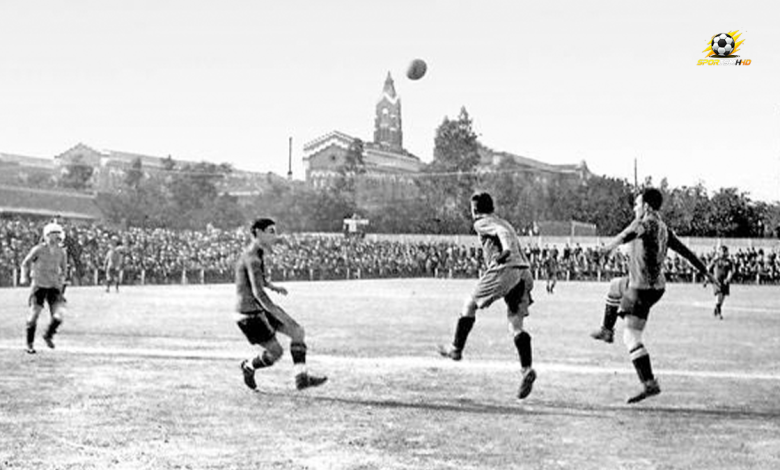
FC Barcelona, commonly referred to as Barca, is one of the most successful and prestigious football clubs in the world. Founded in 1899, the club has built a rich history of triumphs, legendary players, and a unique football philosophy that has made it a World class icon. This article explain in detail into the club’s origins, achievements, cultural significance, and its enduring impact on world football.
Founding and Early Years (1899-1920s)
FC Barcelona was established on November 29, 1899, by a Swiss football enthusiast, Hans Gamper (later known as Joan Gamper), along with a group of Swiss, English, and Catalan footballers. The club quickly gained popularity and played a pivotal role in the growth of football in Catalonia. In 1902, Barca participated in its first official competition, the Copa Macaya, which they won and marking the beginning of a long history of success.
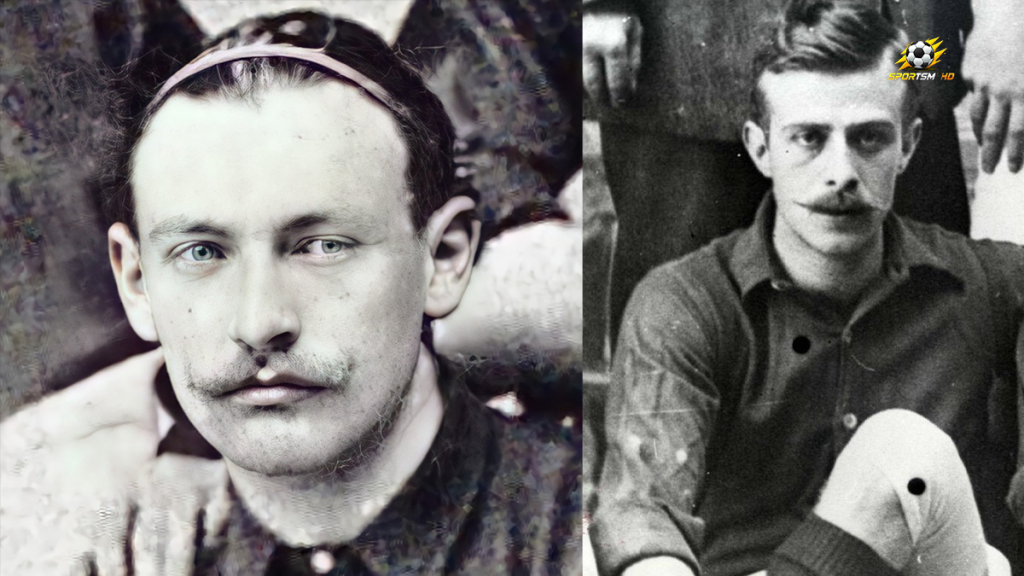
During the early 20th century, the club developed a loyal following and won its first Copa del Rey title in 1910. The 1920s saw the rise of football as a professional sport, and Barcelona continued to grow, winning several regional and national championships. The construction of Camp de Les Corts in 1922 provided the club with a new home
Growth and Challenges (1930s-1950s)
The Spanish Civil War (1936-1939) had a profound impact on FC Barcelona. The club’s president, Josep Sunyol, was executed by Francoist forces, and the team faced financial struggles. However, despite of political and economic challenges, Barça managed to persevere.
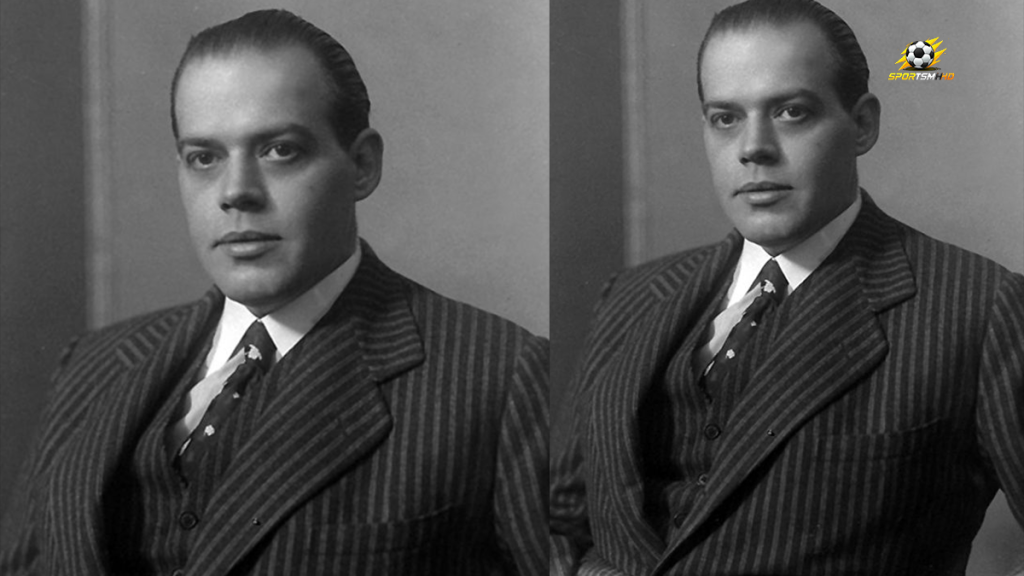
In 1945, under coach Josep Samitier, Barcelona won La Liga for the first time since 1929. The late 1940s and early 1950s were marked by the arrival of key players such as Cesar Rodríguez and Ladislao Kubala, who transformed the team into a dominant force. Kubala, in particular, became a club legend, leading Fc Barcelona to multiple league titles.
The Arrival of Cruyff and the Birth of Total Football (1970s-1980s)
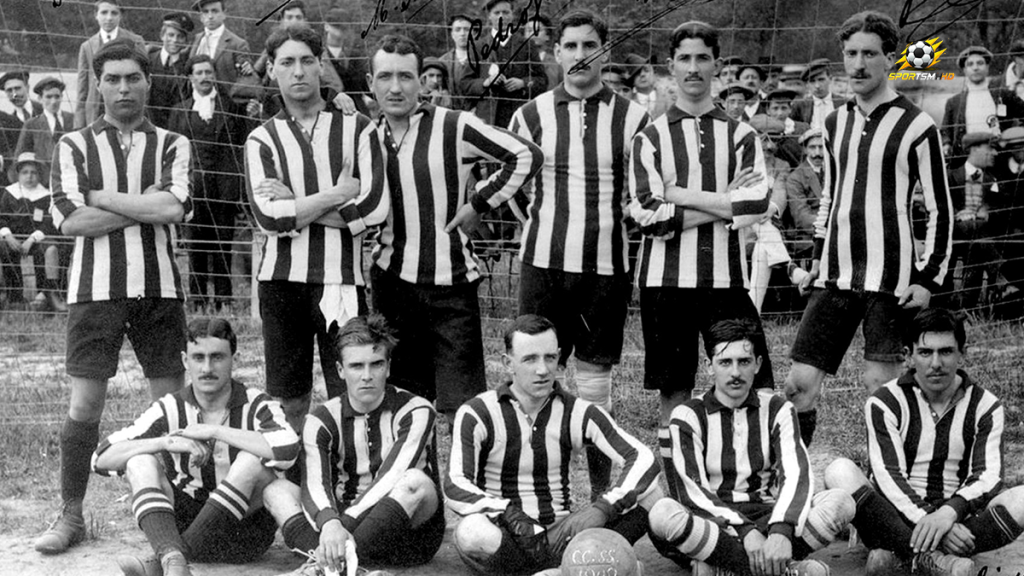
The 1970s ushered in a new era for Fc Barcelona with the arrival of Dutch footballer Johan Cruyff in 1973. As a player, Cruyff won the Ballon d’Or and led Barca to a historic La Liga title in 1974, breaking Real Madrid’s dominance.
Cruyff later returned as a coach in 1988 and revolutionized the club by introducing the concept of Total Football, which emphasized possession-based play, quick passing, and high pressing. Under his leadership, Fc Barcelona won its first European Cup in 1992, with the famous “Dream Team” featuring players like Pep Guardiola, Ronald Koeman, and Hristo Stoichkov. This philosophy became the foundation of Barcelona’s playing style in the decades to follow.
The Rise of La Masia and the Golden Era (2000s-2010s)
In the late 1990s and early 2000s, Barca focused on developing young talent through its famed La Masia academy. The breakthrough came in the mid-2000s with the emergence of Lionel Messi, Xavi Hernández, and Andrés Iniesta. Under coach Frank Rijkaard, Barcelona won the 2006 UEFA Champions League, with Ronaldinho playing a starring role.
However, it was under Pep Guardiola (2008-2012) that Barcelona experienced its most dominant period. His tactical innovations and emphasis on tiki-taka (short passing and movement) led to unprecedented success. The team won 14 trophies in four seasons, including two Champions League titles (2009, 2011) and three consecutive La Liga titles. The 2009 sextuple-winning team is widely regarded as one of the greatest in football history.
Post-Guardiola Era and Continued Success (2013-Present)
After Guardiola’s departure, Barcelona continued to win major trophies under different managers. In 2015, under Luis Enrique, the club won another treble, led by the formidable attacking trio of Messi, Neymar, and Luis Suárez (MSN). The team continued to dominate Spanish football, winning multiple La Liga and Copa del Rey titles.
Despite challenges such as financial struggles and Messi’s departure in 2021, Barcelona remains a powerhouse in European football. Under current leadership, the club is focusing on rebuilding with young talents like Pedri, Gavi, and Ansu Fati, while maintaining its core identity of attractive football.
Cultural and Social Impact
FC Barcelona is more than just a football club; it is a symbol of Catalan identity and pride. The club’s motto, “Mes que un club” (More than a club), reflects its deep-rooted connection with Catalonia’s political and cultural movements. Throughout history, Fc Barcelona has stood as a beacon of resistance against oppression, especially during Franco’s dictatorship, when the Catalan language and culture were suppressed.
The club has also played a key role in promoting humanitarian and social initiatives, collaborating with organizations like UNICEF and the Barca Foundation to support global social causes.
Legacy and Future Prospects
FC Barcelona’s legacy is defined by its commitment to beautiful football, players development, and social responsibility. With a new generation of players and a renewed vision, the club aims to reclaim its place at the top of European football.
As one of the most decorated clubs in the world, with multiple La Liga, Champions League, and domestic cup titles, Barcelona’s influence extends beyond the pitch. Whether through its legendary players, tactical innovations, or unwavering commitment to its philosophy, Barca continues to inspire millions of fans worldwide.
Finally
From its humble beginnings in 1899 to becoming a global football powerhouse, FC Barcelona’s journey is a testament to resilience, excellence, and identity. As the club moves forward into a new era, it remains dedicated to its historic values while adapting to modern football’s challenges. With its iconic style and passionate fanbase, Barcelona’s story is far from over—it is still being written.
Drop Your Comment Bellow if you know anything apart from that History.
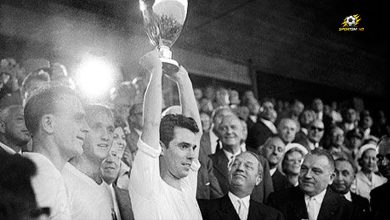
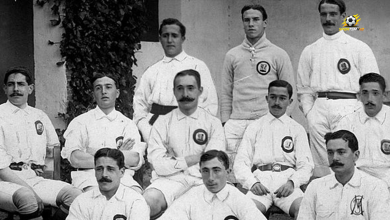
3 Comments